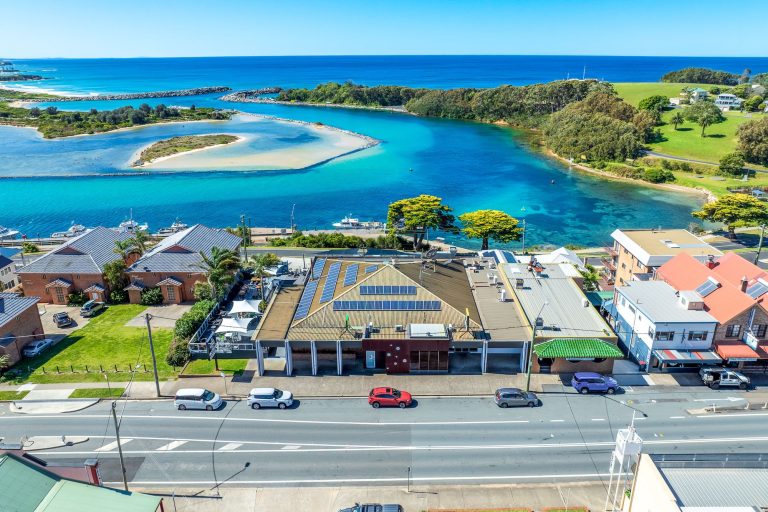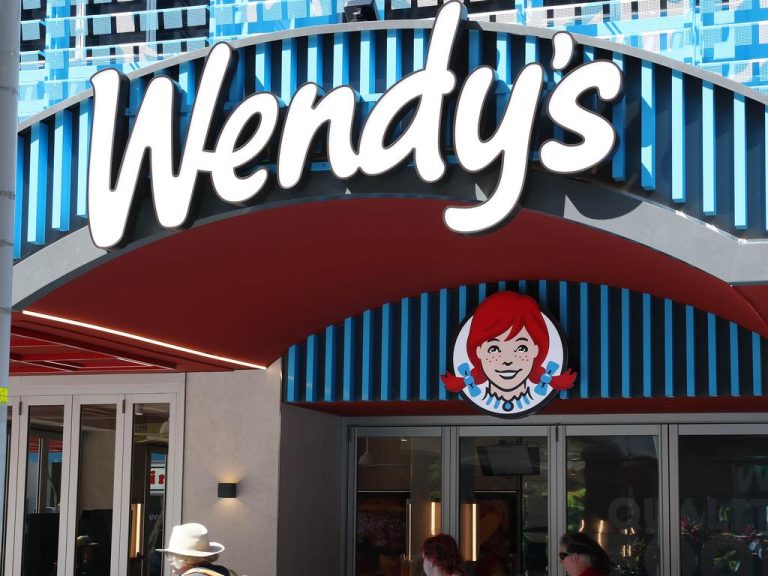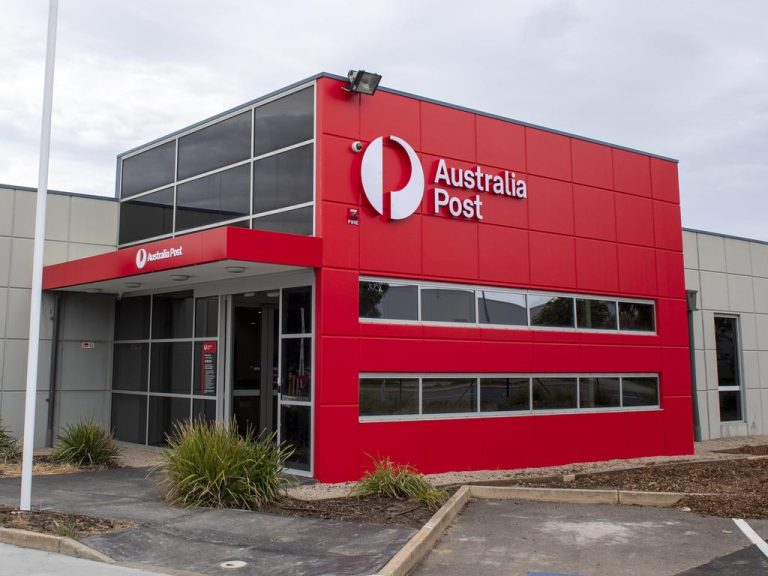Ghost kitchens: The virtual restaurants you’ll never dine in
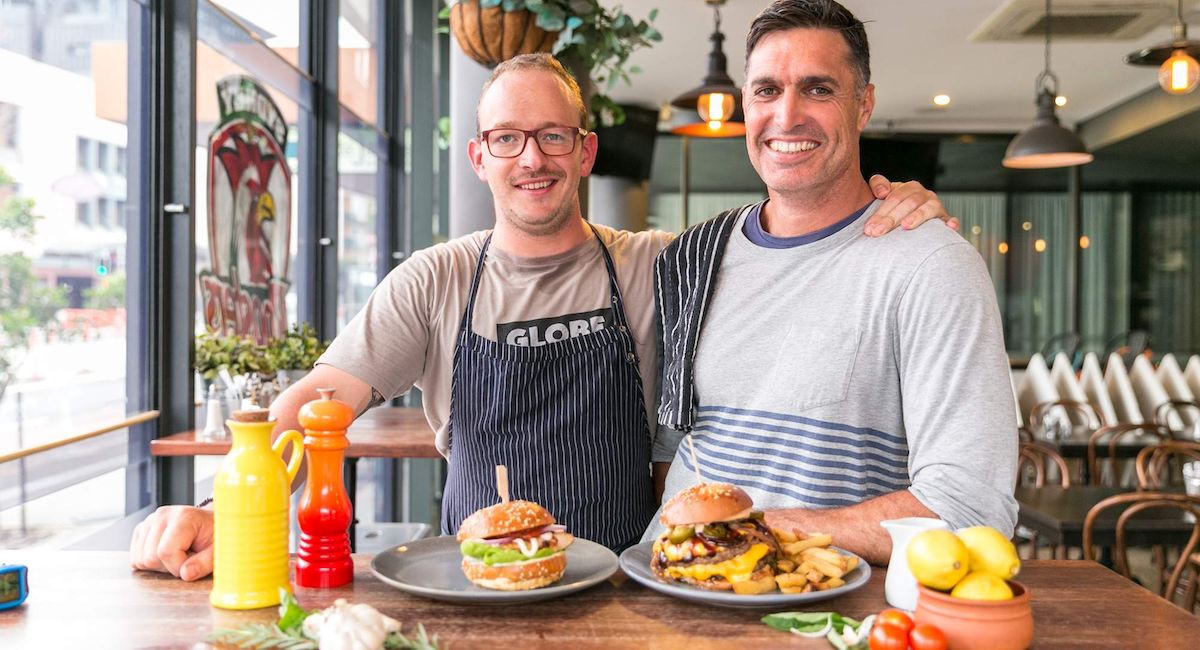
If you enlist the services of online delivery apps, there’s a chance you’ve ordered from a restaurant that doesn’t physically exist.
At least not in the traditional sense.
Ghost kitchens – also known as dark or cloud kitchens – are premises where food is prepared for delivery direct to the customer.
Similar to the dark supermarket, they are not open to the public. That is to say, they are not part of a brick and mortar restaurant serving diners, but instead fulfil orders from delivery apps.
This is why they are considered ‘ghost’ or ‘dark’ – because they operate out of sight by using technology to connect with their customers.
“Put simply, dark or ghost kitchens are online restaurants selling food exclusively to customers via delivery apps like Uber Eats, Menulog and Door Dash,” said Daniel Abou-Chedid, aka Chef Daniel.
“The phenomenon emerged during Covid lockdown when online food delivery exploded in Australia.”
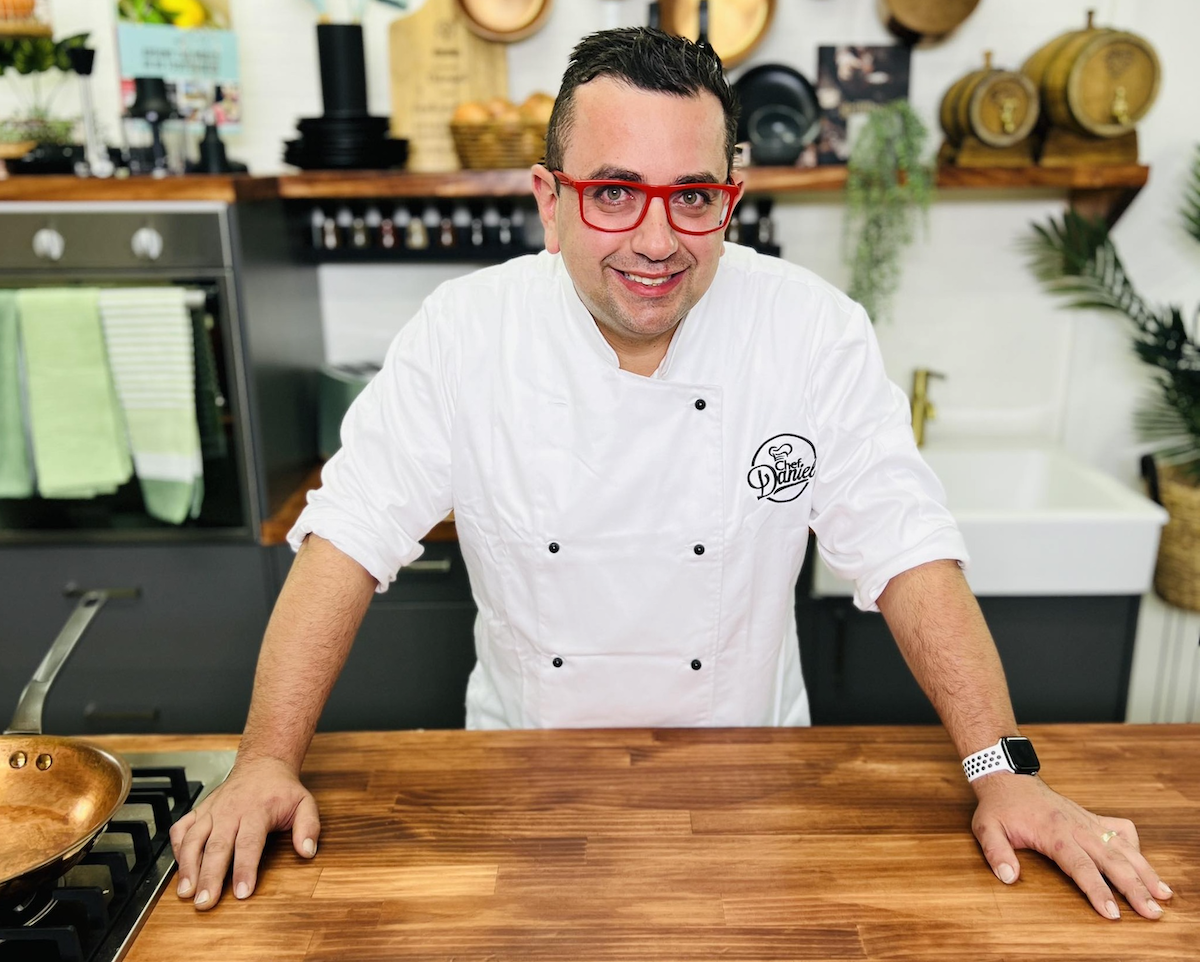
Food consultant and catering company owner Chef Daniel says ghost kitchens can significantly reduce overheads. Picture: Supplied
Mr Abou-Chedid noted that in the midst of the pandemic, established restaurateurs and budding entrepreneurs began setting up multiple virtual restaurants on delivery apps, with the food all prepared in the same kitchen.
“Let’s say I wanted to do an Italian pizza restaurant, a steak restaurant and maybe a sandwich shop too – so I’ve technically got three online stores on Uber Eats, but it’s all coming from one ghost kitchen.”
Financial upsides
Along with the potential to launch numerous virtual restaurants in an effort to widen the customer net, another advantage of the ghost kitchen is low overheads.
With less staff to pay and the ability to operate in much smaller premises, ghost kitchens can significantly reduce operating costs.
“Running a traditional restaurant or cafe means you have to pay wages to wait staff, bar staff, a barista, and all the other people associated with front of house,” said Chef Daniel.
“With a ghost kitchen, you are not only reducing staff costs, but also your costs per square metre, which means cheaper rent and cheaper utilities like electricity and gas.”
Chef Daniel said he is also aware of Sydney cafes leasing their kitchens to virtual businesses when they’re not in use.
“They run their cafe from like 6am to 3pm and then rent out their kitchen to an online restaurant from 5pm to 10pm, which is a great way to earn extra income.”
Ghost kitchens also offer the flexibility to test out the waters before committing to a brick and mortar hospitality business.
Artisan cakes and Bavarian sausages
Which is exactly how Lara Lange approached her business model when she opened Allegra’s Artisan Cakes in 2022.
A qualified pastry chef from Germany, Ms Lange had dreamed of starting her own cake business, but was apprehensive about such a large investment.
“I wanted to focus on developing my business model and menu first without having to worry about managing a shop front as well,” Ms Lange explained, “so I started the business as a catering company and then added delivery platforms as another stream of income.”
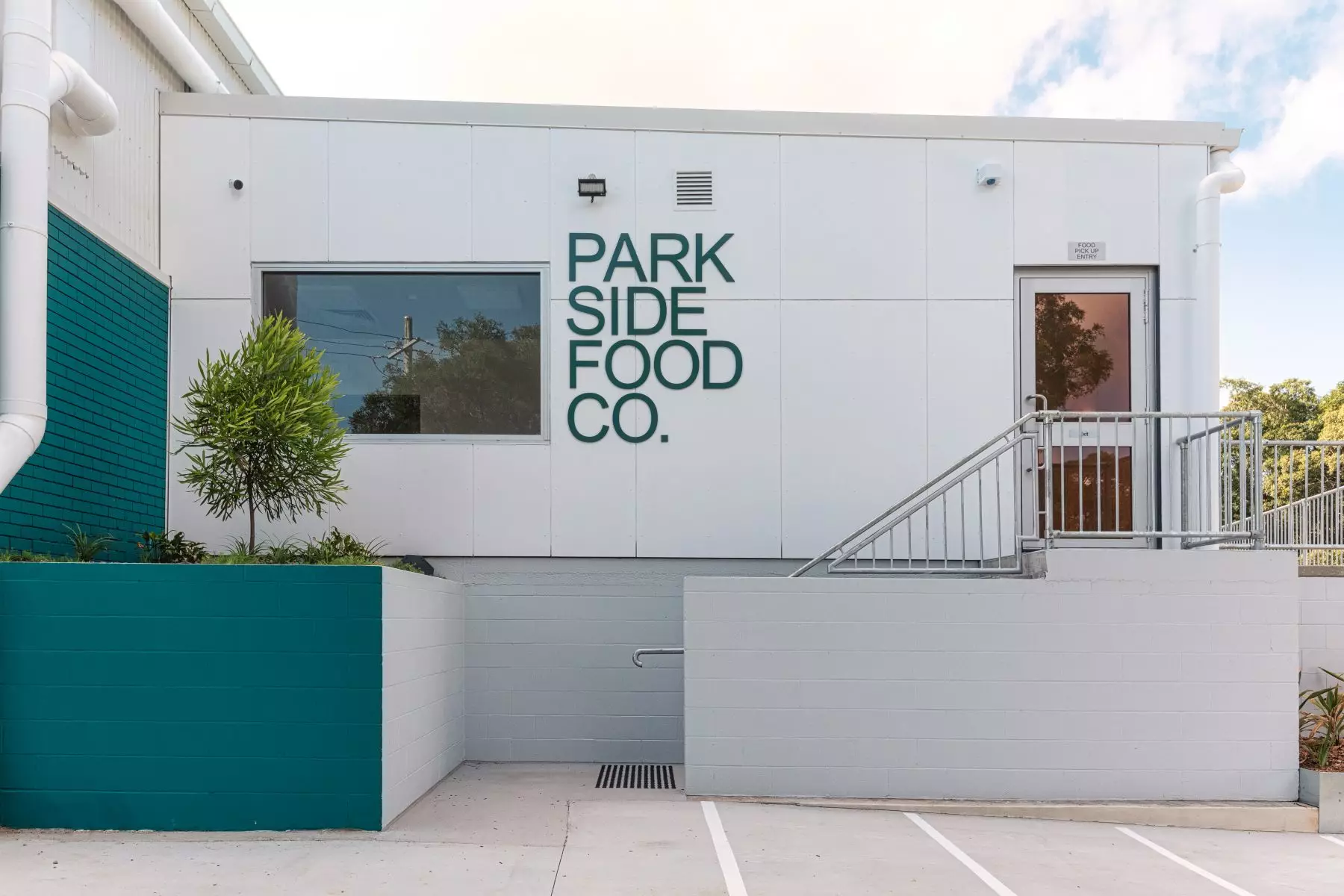
Ghost kitchens are often set up in warehouses, reducing overheads by removing the need for a shopfront. Picture: Supplied.
Lara opted for the dark route via Chef Collective – a company that provides kitchen spaces from its warehouse location, Parkside Food Co., located in Coorparoo, Brisbane.
“I had a very smooth move-in experience with Chef Collective – they arranged the delivery and setup of the bulky items like ovens, tables and heavy mixers and also installing shelves. They also provided me with a printer and tablet to get my delivery platform journey started.”
The success of Allegra’s Artisan Cakes inspired Ms Lange to launch a second virtual brand from the same kitchen; Bavarian Sizzle, a German sausage brand specialising in home cooked dinners.
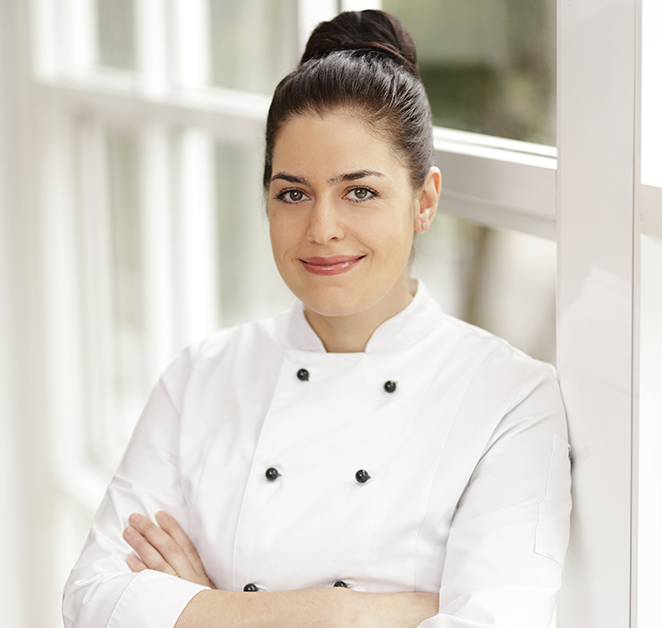
Chef Lara Lange used a ghost kitchen to test the waters and is now preparing to open her first physical restaurant. Picture: Supplied
Ms Lange is now prepping to open her first physical Bavarian Sizzle restaurant in April.
“It’s going to be my flagship restaurant and it will have an Allegra’s Artisan Cakes display and also an adjoining beer garden,” she said.
Uber eats profits
While the ghost kitchen model provided a sound starting point for Ms Lange, she is unsure whether her business would have ever got off the ground had it not been for the catering side.
“From my own experience, I only know of other catering businesses that have been successful as ghost kitchens because they are not relying solely on delivery platforms,” she said.
“Delivery apps take a huge percentage of your sales, which can make it difficult to become profitable. It’s also challenging because people only know you on Uber Eats instead of buying directly from you, so you are nearly 100% dependant on the platforms giving you visibility to the customer.”
“And that comes with the additional costs of paid marketing.”
Paul Miller is another business owner feeling the pinch from delivery platforms.
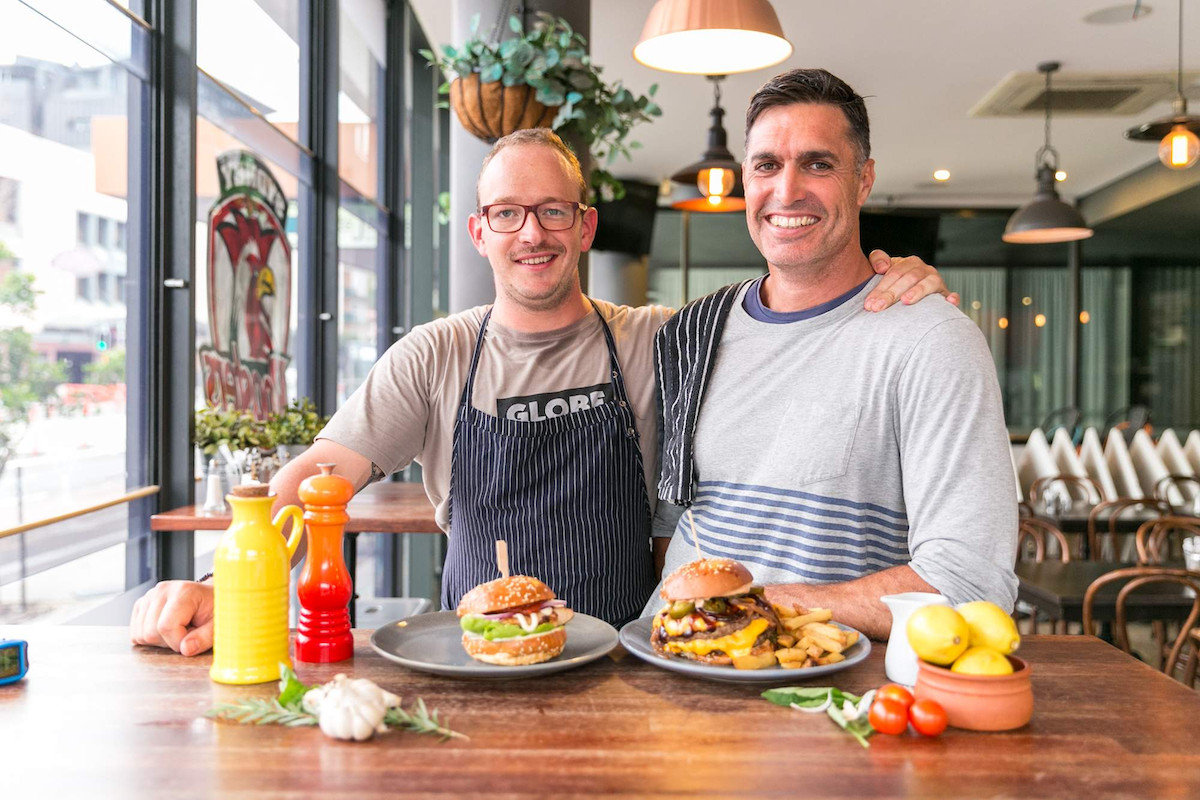
Paul Miller and partner Janto Kuban pivoted to a hybrid restaurant model after high commission fees made it difficult to operate solely as a virtual restaurant. Picture: Supplied
Mr Miller and his partner Janto Kuban initially launched their ghost kitchen business as a suite of four virtual restaurants; Grillaz (burgers and steak), Homestyle Fresh (curries and pastas), Karma Bowl (poke bowls), and Chipotle Brothers (Mexican).
“The original plan was that once those brands were established, we would then work on a partnering model where franchisees could take on the brands and service their local area from their own dark kitchen,” he explained.
Sadly, Mr Miller said the financials “didn’t stack up.”
“We soon realised there wasn’t enough margin in the pie at the end of the day for everybody to get their clip, given the 30% commission structure that the delivery partners are set up on,” he said.
“Uber Eats also changed their operating model and are now focused almost exclusively on being a marketing platform, so unless you spend advertising dollars with them, you just slip down their rankings and out of visibility.”
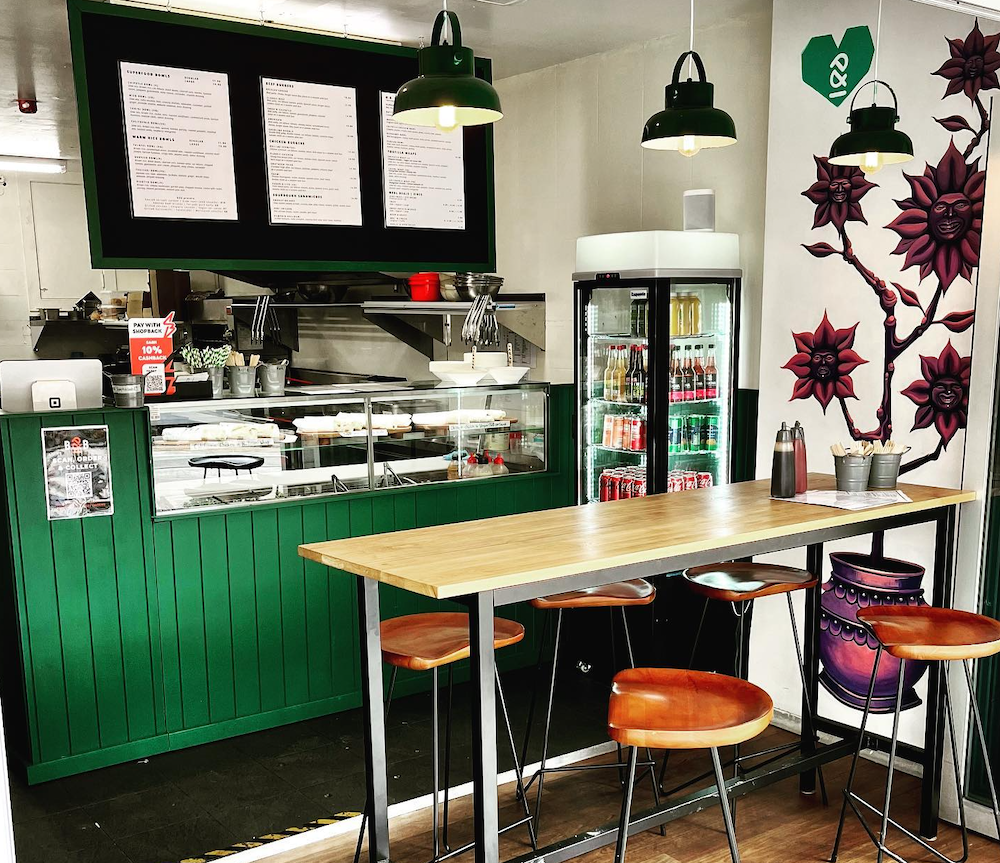
Bowls and Burgers has two physical restaurants and also services four online restaurants. Picture: Supplied
In order to make the business viable, the pair opened two physical restaurants, Bowls and Burgers, in Waverley and Surry Hills.
All four of their original virtual brands still exist as online restaurants on Uber Eats and are now serviced from the Bowls and Burgers kitchens.
“It’s a hybrid model we had to pivot to,” Mr Miller said.
An overhyped industry?
Once predicted as the next big thing in food, it appears the heat on the ghost kitchen model has cooled off considerably.
“Experts believed it was going to be a $1 trillion-dollar industry in the United States at one point, but it was completely overvalued and over-speculated,” said Mr Miller.
In September 2023, former Uber chief Travis Kalanick’s start-up CloudKitchens – which, similar to Chef Collective in Australia, leases food preparation spaces to restaurants in the US – had fired staff and closed locations in an attempt to rein in expenses amid low occupancy at a number of its warehouses.
In the local landscape, Aussie company Chef Collective abandoned its expansion into the Sydney market, scrapping plans for a $2.5 million ghost kitchen development in Artarmon.
And prior to going into administration in 2022, delivery platform Deliveroo had operated several failed ghost ‘super kitchens’ in Sydney and Melbourne.
“I know a few small operators successfully doing similar stuff to what we are doing – running three or four virtual brands out of a single kitchen – but at the end of the day, I think you should have a minimum of 50% of your business coming from a physical location to tip you over the margin,” said Mr Miller.
“Unless you’re doing massive volumes at scale. But even then, we’ve seen how big companies have struggled to successfully maintain that,” he added.
“I think there was just too much hype that wasn’t able to be matched.”

